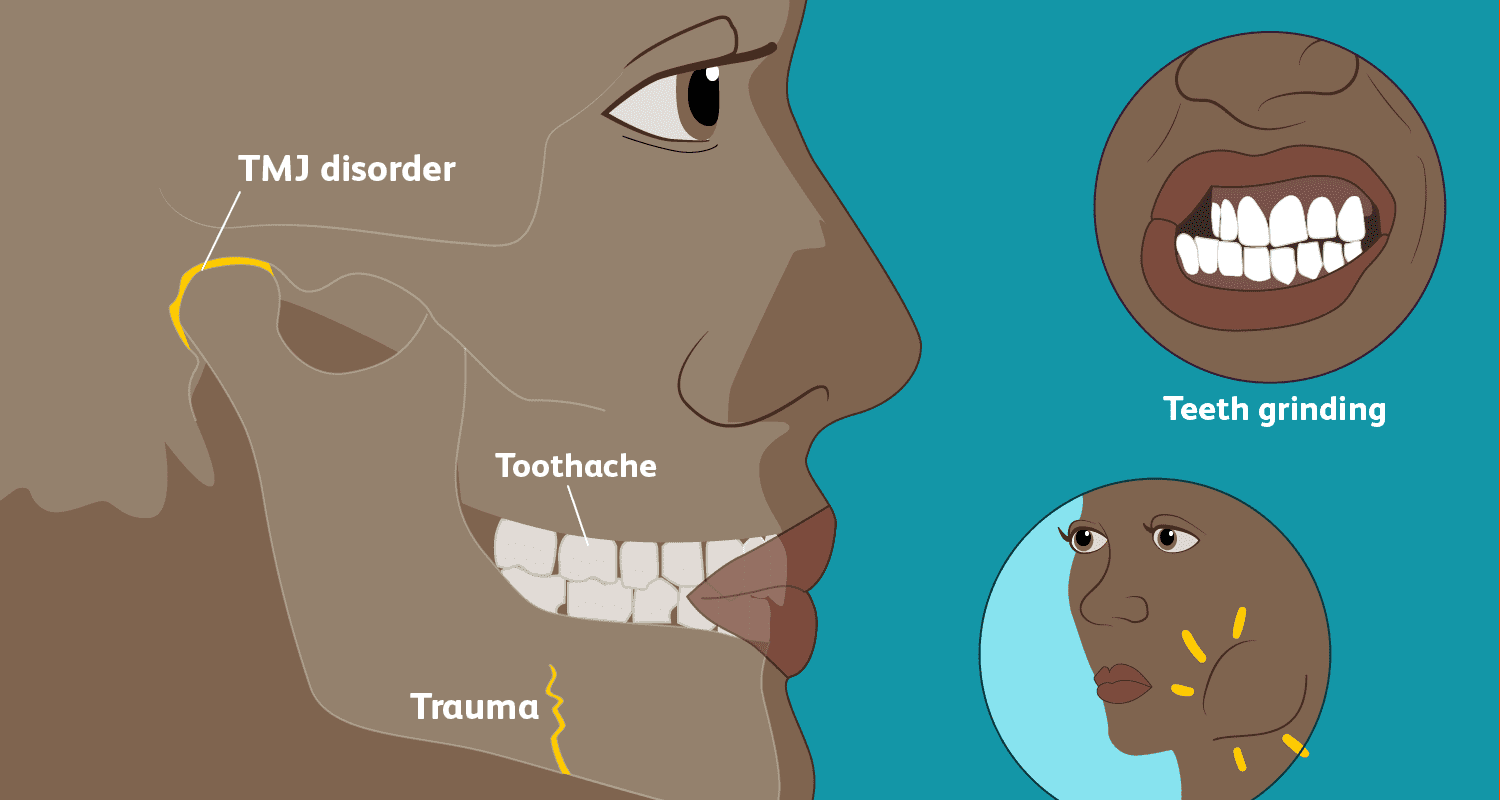The field of orthodontics has become increasingly specialized over the past few decades, and with that specialization has come a number of procedures that are now available to help people achieve the perfect smile. Field of orthodontists has become specialised over the past few decades. Lower jaw surgery with teeth is the most sought after service. The answer is yes—orthodontists are indeed qualified to do orthognathic, and the procedure has many benefits. Not only can it give patients a straighter, more attractive smile, but it can also help to improve their overall oral health by correcting misalignments and other issues in the jaw. This article will discuss the different types of jaw surgery that orthodontists can perform, as well as the potential risks and benefits associated with the procedure.
What is Jaw Surgery?
Jaw surgery is one of the most common procedures performed by orthodontists and dental surgeons. In this procedure, the orthodontist will perform orthodontic treatments on both your upper and lower jaws. Orthodontics is a branch of dentistry that focuses on tooth alignment, and orthognathic is one method that orthodontists use to correct dental and facial issues.

Typically, jaw surgery is performed when the orthodontist has observed that your teeth and jaw are not in the right place. When this happens, your teeth are not lined up properly and can cause issues in your overall oral health, including gum disease and worn teeth. Orthognathic is also commonly used to treat the following issues:
Types of Jaw Surgery
Open Jaw: This type of orthognathic treatment is most common, and it is performed via an incision on either side of your mouth. During this type of surgery, the orthodontist will make adjustments to your jaw bone, so that teeth and bone are in line. Sometimes, the orthodontist will also use orthodontic devices to move teeth and bone into the right place.
Closed Jaw: This is a less common form of orthognathic treatment that is used when the orthodontist observes that your jaw is not in the right place. During this type of surgery, the orthodontist makes adjustments to your jaw but does not make any incisions in your mouth.
Who can perform Jaw Surgery?
According to the American Association of Orthodontists (AAO), orthodontists are the only doctors that can perform jaw surgery. The AAO states that orthognathic surgery, which is the same as jaw surgery, is performed on patients with open-jaw deformities. However, the American Association of Dental Nurses (AADN) has a different opinion on this topic. The AADN states that oral and maxillofacial surgeons are qualified to perform jaw surgery. The AADN states that orthodontists are an adjunct subspecialty of dental surgery and may perform orthognathic surgery only when all other options have been exhausted.
Benefits of Jaw Surgery
Corrects oral health issues: One of the primary reasons that orthodontists perform jaw surgery is to correct issues in the mouth that are caused by misaligned teeth. When this happens, the orthodontist will move teeth into the right place and improve the health of your gums.
Opens the jaw: One of the most common reasons that people seek jaw surgery is to open the jaw. In some cases, the jaw is so small that people have difficulty opening their mouths wide enough to eat a meal. This is a problem for people of all ages, but it is especially important for children.

Straightens teeth: Many orthodontists perform orthognathic surgery to straighten teeth in addition to correcting issues in the mouth. For example, when an individual has an overbite, the orthodontist may move the teeth into the right place, but the jaw will still be crooked. To correct this problem, the orthodontist may perform jaw surgery to lengthen the jaw.
Potential risks of Jaw Surgery
Oral infections: When the jaw is moved or lengthened, it is possible for the mouth to become infected. This can cause bad breath and an unpleasant smell in the mouth, which can be extremely embarrassing. To prevent this, you should drink plenty of water and follow the guidelines given by your surgeon.
Motion sickness: Orthognathic surgery can also lead to motion sickness. Which is when a person feels queasy or dizzy after moving their head quickly. This can be extremely frustrating and embarrassing. Especially if you are driving or in another situation where you need to remain stationary while someone else drives. To prevent this, the orthodontist may have you take medications before the procedure.
Orthodontist and Jaw Surgery
There are many potential benefits of performing orthodontic jaw surgery. And one of the most significant is that the procedure is performed by an orthodontist. This means that the surgeon will be familiar with the types of dental appliances and other orthodontic treatments that you have received. In addition, the orthodontist will have a better idea of the type of correction that is needed.
And they will also be able to complete the procedure more quickly and efficiently. Another benefit of performing orthodontic surgery is that the procedure is generally less invasive than traditional orthognathic surgery. One of the main disadvantages of traditional jaw surgery is that it often involves making an incision in the mouth. Which can be extremely uncomfortable.
Recovery time for Jaw Surgery
The typical recovery time for jaw surgery is four to six weeks. Although this will vary depending on the procedure and the orthodontist performing it. While you are recovering, you should avoid chewing hard foods and drinking beverages that are hard or cold. These types of foods can lead to gum disease, and they can also be extremely painful.
The cost of performing orthognathic surgery will vary depending on the orthodontist and the type of surgery that is performed. However, one of the most common procedures that orthodontists perform is braces, and braces generally cost around $2,500 per year.
Conclusion
Jaw surgery is a common procedure that orthodontists perform. And it can help to correct issues in the teeth and jaw. When an orthodontist observes that teeth and jaw are not in the right place. They will often perform jaw surgery to correct the issues. Orthodontists are the only doctors that are qualified to perform jaw surgery. And they will also be familiar with the type of orthodontic treatments that you have received. Jaw surgery has many benefits, including better oral health and a straighter smile. The cost will vary depending on the orthodontist and the type of surgery that is performed.






